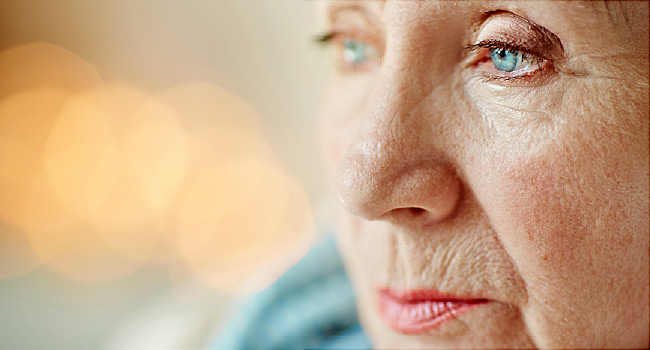Nursing Homes Are Ground Zero for COVID-19
Facilities also have started dedicating specific floors, wards or buildings to house only people who are COVID-positive, the experts said.
But more federal and state funding is needed to make sure that all nursing facilities have enough protective personal equipment such as gowns, masks and gloves, Fulmer added.
“We started this pandemic with a shortage of it, and that is something that cannot happen again,” Fulmer said. “Nursing homes need to be well-stocked with personal protective equipment, and they need to have access to testing.”
In fact, experts like Taylor think testing at nursing homes needs to be for everybody, not just people with symptoms, to get ahead of the curve.
Staffing issues
“That includes the workers,” Taylor said. “Workers in nursing homes are at risk of occupational exposure. They also are a risk of bringing infection into the nursing home from the community and taking it out.”
Funding for additional staff at nursing homes also would help bolster infection control, experts said.
It takes a lot of time to put on a mask, gown up and properly wash hands when going from patient to patient, said Eleanor Schildwachter McConnell, an associate professor in the Duke University School of Nursing.
“It stands to reason that if you’re starting out with a very thin level of staffing, it’s going to be hard to take those precautions and continue to provide very demanding care,” McConnell said, noting that more hands on deck will take the pressure off.
Unfortunately, once people start testing positive at a nursing home, staff have tended to start walking off the job, Robinson-Lane said.
“Nursing homes are already challenged with staffing concerns, and we’ve seen a chance of 15% reduction in staff after COVID patients come in,” Robinson-Lane said.
The U.S. Centers for Medicare and Medicaid Services released guidelines earlier this week calling for all of these steps before states relax their restrictions on nursing homes.
Isolated patients
Finally, the experts urge that the patients should not be forgotten in all of this.
During lockdown, they no longer have regular visits from loved ones, they no longer can take part in group activities or shared dining, and now even their regular staff come to them decked out in scary-looking protective equipment, Fulmer noted.




